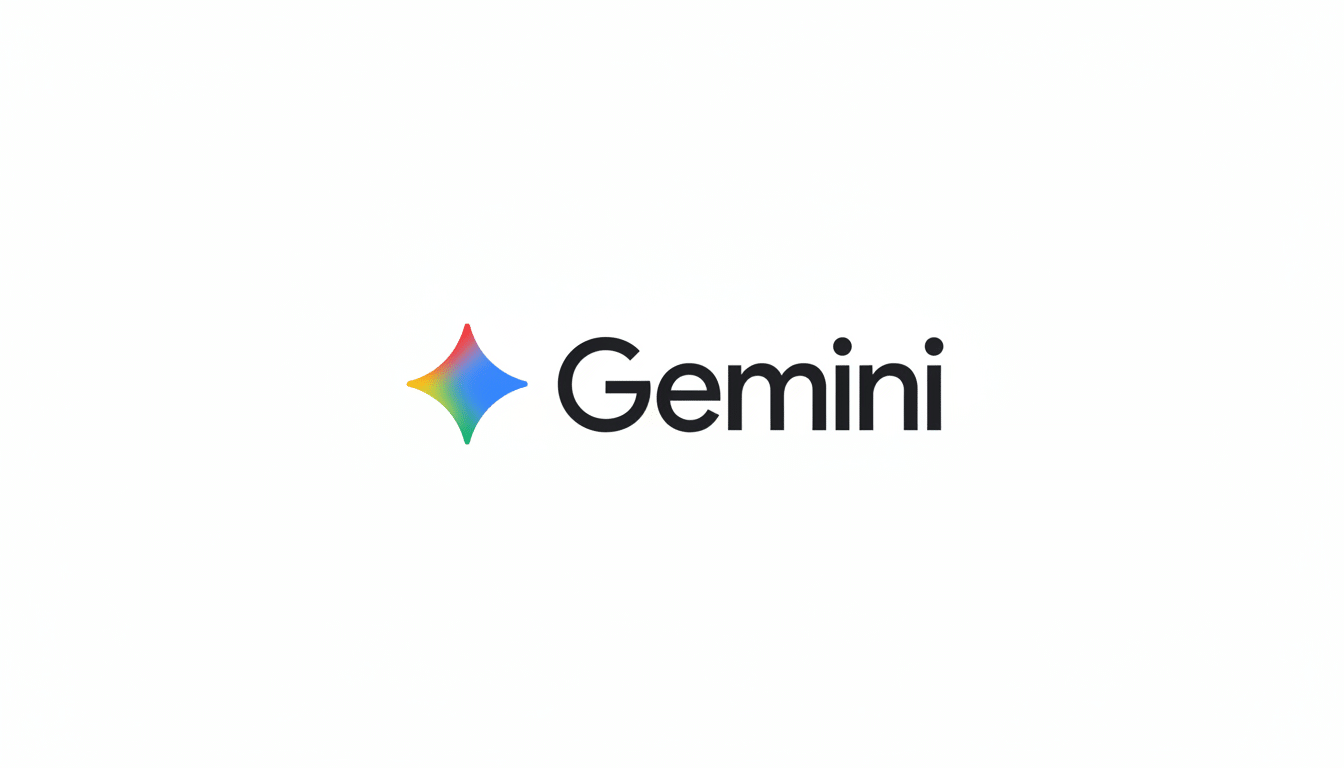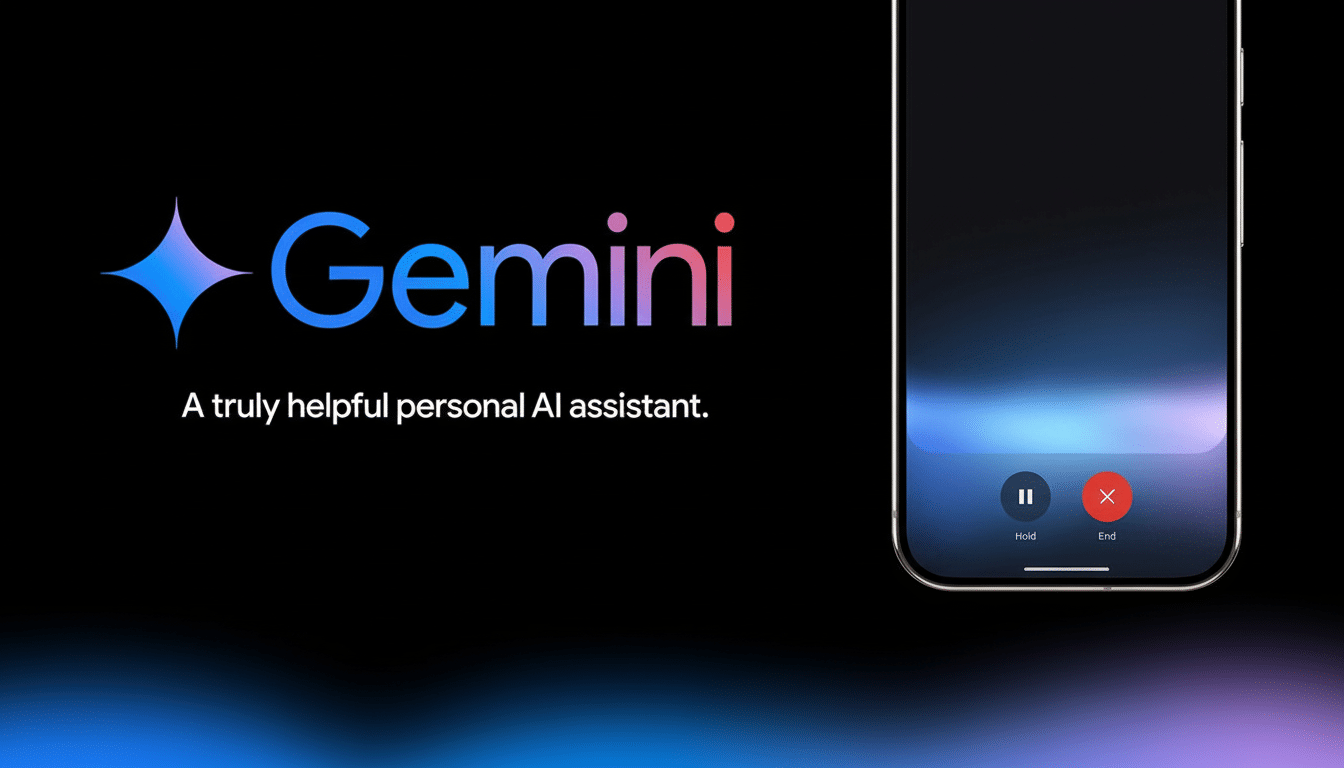Google is integrating Gemini directly into Chrome on desktop, bringing AI to the world’s most popular browser: a massive and sweeping upgrade that could rival AI-first up-and-comers like Perplexity’s Comet. The assistant will work across tabs and Google apps, and even inside YouTube videos, bringing context-aware help into routine browsing on Windows and Mac for users in the United States.
One click away: Access Sparkle via a new sparkle icon in the top-right of Chrome’s tab strip. Previously only offered to premium Gemini subscribers, the feature is now aimed at more mainstream Chrome users — a clear sign that Google wants to set the agenda for what an “AI browser” is supposed to be.

What Gemini is in Chrome today and how it works
At the time of launch, Gemini works as a side-panel assistant and can comprehend the pages and tabs you are observing. This allows it to summarize long articles, compare information between several tabs, pull out key facts and answer questions without you having to bounce around between windows. The assistant also collaborates with Google apps that are open, so context from your browsing and productivity activities can drive more specific help.
Within YouTube, Gemini can break down the structure of a video, help you skip to relevant parts and surface step-by-step breakdowns. For shopping and research, it can even assemble side-by-side comparisons, emphasize trade-offs and compile reviews and specs scraped from the pages you’re already browsing.
Imagine you’re knee-deep in an everyday slog of internet research — 10 tabs open for laptop hunting. Ask Gemini to compare the GPUs, weight, battery claims and warranty terms across the models you’re considering, and it will come up with a digest that you can winnow down with follow-up questions. Watching a recipe video? Inquire about an ingredient list for the food and a checklist of necessary equipment that you can save to use later.
The Comet comparison — and the AI browser race
Perplexity’s Comet helped establish a bar for AI-native browsing, which includes features such as cross-tab reasoning, video navigation and a persistent assistant that offers more than page-level summaries. Other players — Arc with Arc Max, Microsoft Edge with Copilot, Opera with Aria and Brave with Leo — have also folded generative AI into the browser experience.
Chrome’s advantage is distribution. Chrome has about two-thirds of the global market for desktop browsers, according to StatCounter. What we’re doing by bringing Gemini to the default browser of this many users isn’t just keeping up in terms of features, it could change your expectations about how a browser should think, help and act on your behalf.
Agentic actions are next for Gemini inside Chrome
Google has said that Gemini on Chrome will soon perform “agentic” actions: meaning not just getting information, but doing things once you give permission.

Like scheduling a haircut from an email thread, placing a grocery order from a recipe on YouTube, or filing forms and follow-ups to make routine medical appointments.
Analyst firms like Gartner and Forrester have highlighted autonomous agents as a major trend in the coming wave of AI software. For the browser, that means going beyond search and passive summaries to delegated work — where the assistant carries out steps across sites and services, then presents results for vetting. The positive side in practice is time saved; the hard part is getting reliability, transparency and user control right.
Privacy, accuracy and the business model
Agentic help raises familiar questions. What is happening to the page and prompt data? What is the appropriate audit trail for actions done on your behalf? Standards bodies and regulators, from NIST to the FTC to the U.K.’s Competition and Markets Authority, are examining how AI products balance safety with competition and user choice. Chrome’s new addition will serve as a high-visibility test case.
Accuracy is equally critical. Users are looking for citations, source-level verification, and graceful treatment of uncertainty — attributes Perplexity has promoted with Comet. If Gemini is going to be the DRC for Chrome, we believe it needs a strong foundation in clear cites and controls to ensure that hallucinations do not leak into task automation.
Then there’s monetization. Shopping advice and product comparisons overlap with ads, affiliate programs and sponsored results. Well-labeled and opt-in controls will be what sets apart AI help that feels genuinely helpful from AI help that feels like subtle promotion.
What to watch next as AI assistants reshape browsing
Key questions include:
- How fast is Gemini shipping beyond the U.S. in Chrome
- What enterprise-grade controls are coming for Workspace admins
- How extensions can plug into the assistant
- Whether developers will get APIs to build task-specific agents that run safely within a browser sandbox, as Google claims they will
For rivals, the playbook is simple: keep chipping away at firsts. Comet’s head start in agent-y browsing, Arc’s inventive UX and Copilot’s profound OS tie-ins won’t disappear overnight. But with Gemini now residing in Chrome’s chrome, Google isn’t just putting in another sidebar — it’s reimagining the browser not as an address bar but rather a helpful, context-sensitive assistant. If the implementation stands, AI browsing is now a thing.

